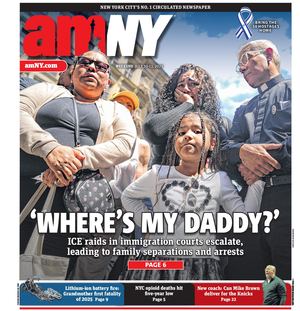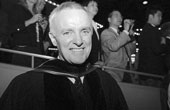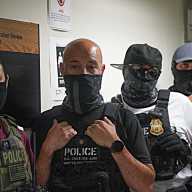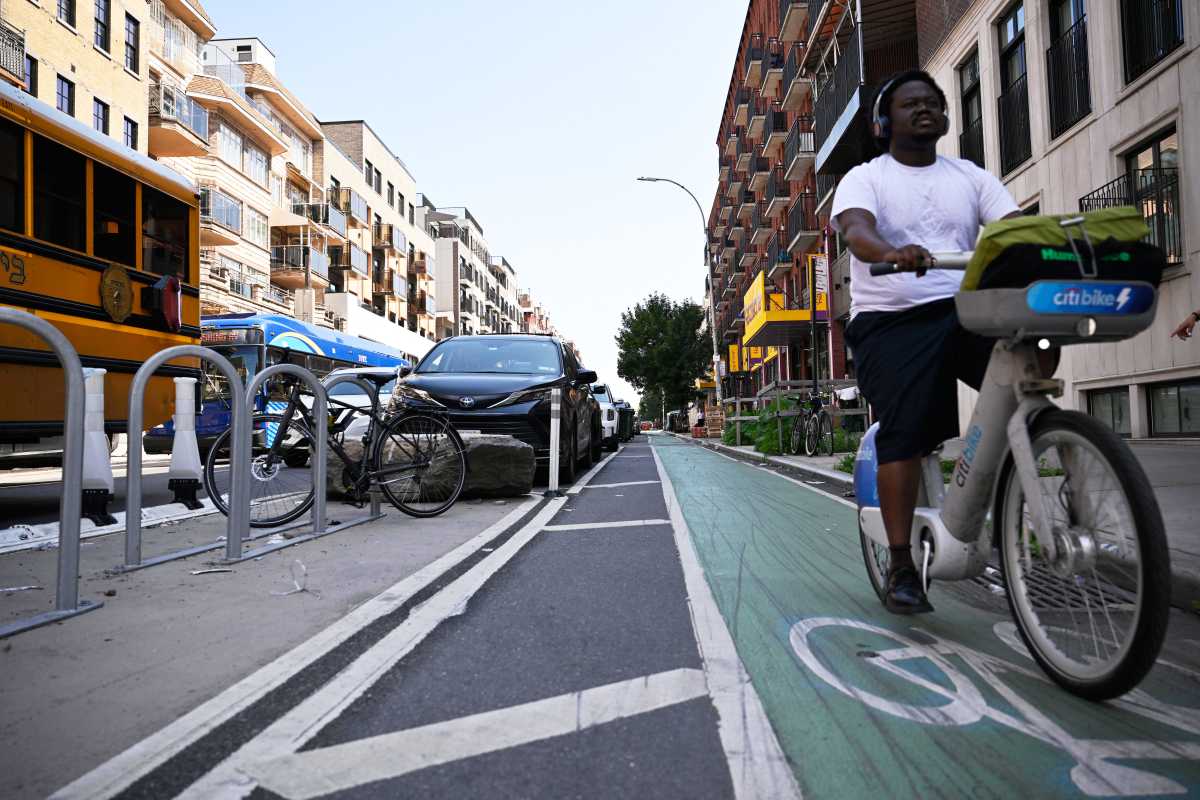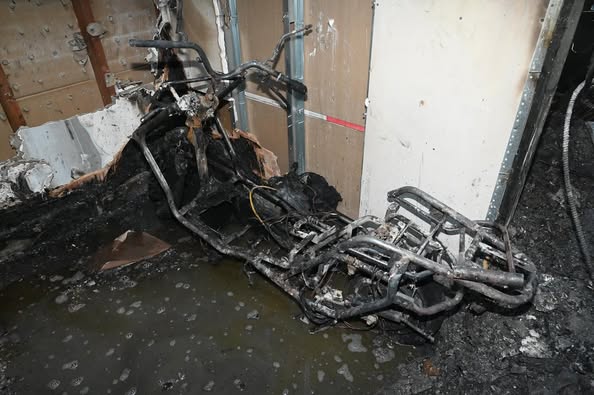By Albert Amateau
A Democrat who was elected to high offices in a mostly Republican state, Kerrey comes across as an enthusiastic New Yorker.
“I love that in New York City you can get an argument about anything you want. I love argument — as long as you do it with respect — that’s where you find where the common ground is,” he said.
“As terrible and terrifying as the 9/11 attacks were, people came together and displayed a tremendous amount of unity and purpose,” he said. “We’ve learned to respect the humanity of people who may look different or dress differently. And we haven’t lost it.”
Regarding the 9/11 Commission’s report into the Trade Center attack which is to be published by July 26, Kerrey said unequivocally that there was evidence from as early as 1996 until 2001 that Al Qaeda and Osama bin Laden were planning an attack and that the 9/11 attacks could have been prevented.
“So if you’re an ally of Bill Clinton and think that he didn’t make mistakes, you’re not going to like the report; and if you’re an ally of George W. Bush and think he doesn’t make mistakes, you’re not going to like it either,” Kerrey said.
The commission’s mandate is to make a full and complete report on the Sept. 11, 2001 events, a task impossible to fulfill 100 percent, Kerrey said. “But if you’re not willing to face your mistakes, you’re not going to learn anything,” he observed. While some of the testimony before the commission might be classified, the commission hopes to make its report entirely available to the public, Kerrey said.
Kerrey, in an interview with The New York Times published May 26, said the commission may be able to reach a unanimous consensus on the narrative part of the report but that it will be difficult to get all 10 commissioners to agree on the best way to restructure the F.B.I. and intelligence agencies.
“It may be us saying, ‘Look, here are the two most serious options that we looked at, and here are the reasons that eight of us feel one way and two of us feel differently,’ ” he told the Times. “I don’t think that’s a failure.”
In response to the question at the chamber meeting on whether New York City is more secure now than it was in 2001, Kerrey was ambivalent. “There is more collaboration between first responders than there was,” he said, “but all those guys [9/11 conspirators] had forged documents — and these documents are just as easy to forge now as they were then.” Given the fact that 400,000 people enter and leave the U.S. every year, it may not be possible to adequately check every passport and visa, Kerrey suggested.
“The war in Afghanistan has reduced Al Qaeda’s reach in the U.S.,” he said, “But there is still a substantial vulnerability.”
Regarding the Patriot Act, Kerrey said, “I’m suspicious of anything you have to call Patriot Act to get passed. Does it mean I’m not a patriot if I vote against it? I didn’t study the Patriot Act until I got on the commission. And there are a couple changes I would make. I think it over-reached.”
Kerrey recalled that Mayor Bloomberg last week told the 9/11 Commission that New York City didn’t get its fair share of federal anti-terrorist funding. “We’ll never get our fair share of funding until there is a special budget line for New York City,” Kerrey said. “We were attacked in 1993, a conspiracy was uncovered in 1994 and three other conspiracies were thwarted before 2001. What other city is such a target? And if it happens again, it will happen here,” he said, “We have to create a separate federal budget line for New York City.”
But anti-terrorist funding for the New York may be a hard sell in Congress. “I wasn’t elected senator in Nebraska to get funding for New York City,” he remarked.
In reply to a question about his own interest in political office, Kerrey said the general answer was no. “Vice president? Definitely no. A high cabinet post? Pretty close to no,” he said. “But you sound arrogant saying things like that. If you’d asked me before I ran for governor, I’d have said, no. And if you had asked me in 1987 if I was interested in the U.S. Senate, I’d have said no. But a Senate seat became open and I ran. It would have to be something I really wanted,” he said.
Kerrey came to the presidency of New School University after a friend who was on the New School board asked him if he could recommend someone who would be a good candidate to head the school. A year later — Kerrey asked if the offer was directed at him — and he accepted when the answer was yes. The fact that his wife-to-be, Sarah Paley, lived in the Village, four blocks from The New School, was a factor in the move, he added.
Current presidential politics were on the minds of some Chamber members at the May 25 lunch meeting at Ennio & Michael restaurant on LaGuardia Pl. “What’s John Kerry doing wrong?” asked one member.
“I don’t think he’s doing anything wrong,” Kerrey replied, noting that polls have the Democratic candidate ahead in many states and only 35 more electoral votes needed to win the presidency.
“He may be a little stiff, he may not be as exciting as you want, but on issues like the economy, on healthcare and on foreign policy I think he in the mainstream of what most people want and President Bush is not,” Kerrey said.
Albert@DowntownExpress.com
WWW Downtown Express
